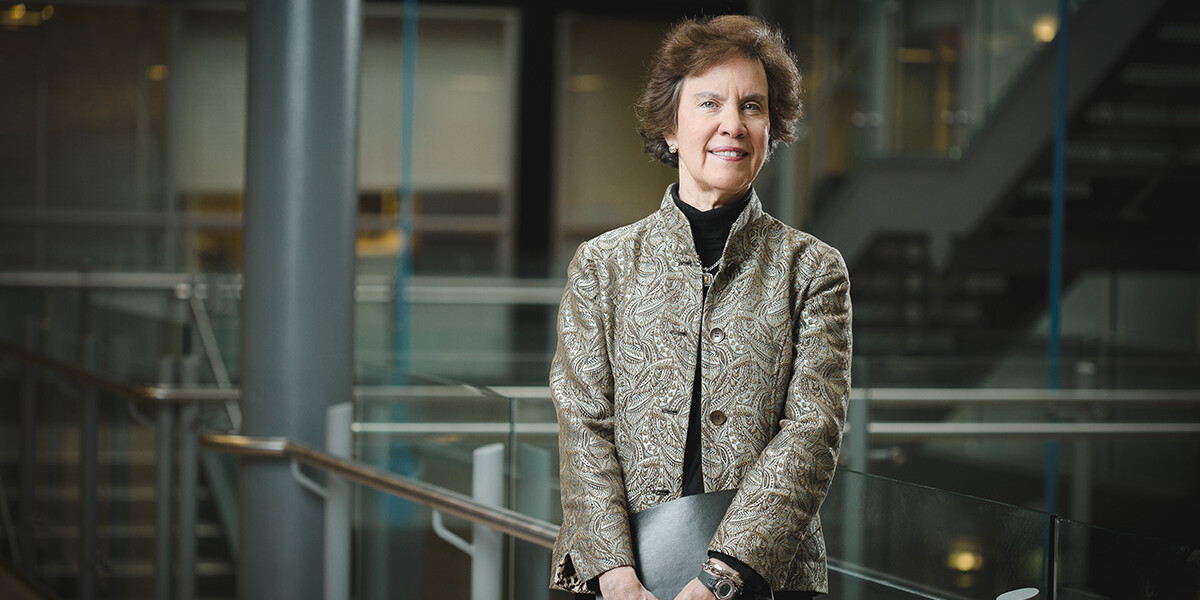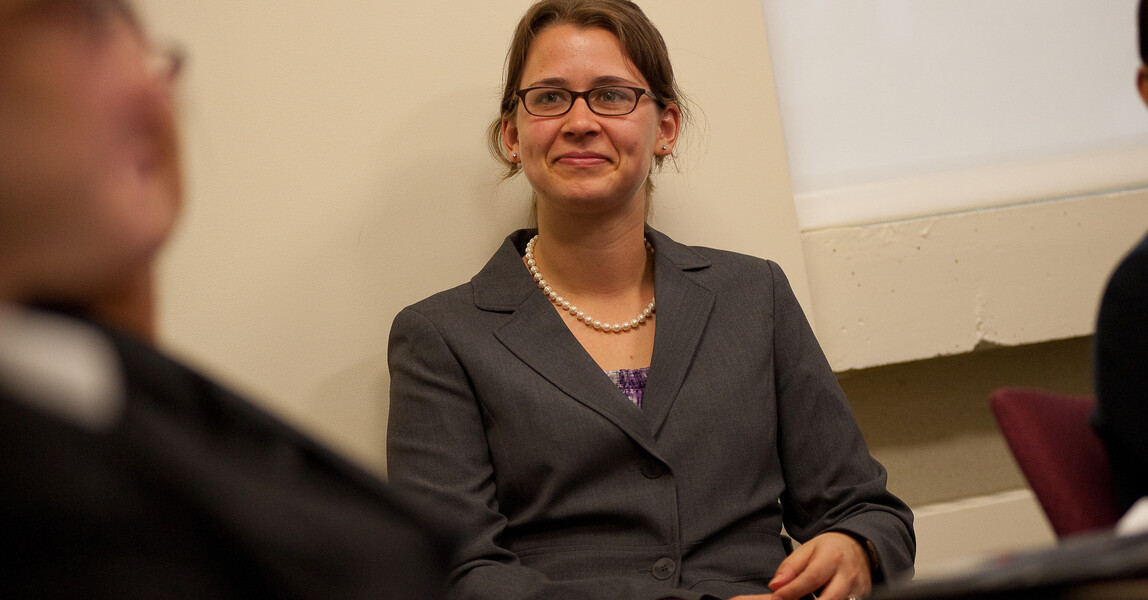By Beth Taylor-Nolan
By now we’ve all heard that as of July 1, 2015, UVM will change its budget model to Incentive-Based Budgeting (IBB). The IBB model is designed to make academic units become more financially self-aware and able to make more informed decisions regarding their unit’s income and expenses. President Tom Sullivan has stated that IBB is crucial to the University’s long-term financial sustainability and supports UVM’s commitment to advancing academic excellence.
As the University moves toward this new model, I’ve been thinking about ways we’re already working in the spirit of IBB. Summer University at UVM is an excellent example of how schools and colleges are effectively collaborating, creating interdisciplinary programs and courses, and sharing the enrollment management responsibilities that guide financial outcomes.
Summer U gives students the opportunity to get ahead, stay on track, and graduate on time. Managed by UVM Continuing and Distance Education, Summer U offers a variety of undergraduate and graduate courses from all different colleges, schools, and departments — from organic chemistry to psychology to public health.
There are more than 500 online, on-campus, hybrid, and travel-study courses taught by distinguished faculty from across campus who are experts in their fields. Nearly 150 online courses meet core requirements for majors and minors and can be taken from any location.
What Summer U Offers
Summer U, which offers online and on-campus options for undergraduates, visiting undergraduates, graduate students, and professional students, is once again offering a 30 percent tuition savings in comparison to the academic year’s in- and out-of-state tuition rates.
Students enrolled in Summer U courses and programs have the chance to experience more one-on-one time with faculty in classes that are smaller, shorter, and oftentimes more intense. In addition, high school students, students from other colleges, and working professionals join the UVM campus in the summer, giving students the chance to participate in a diverse learning environment.
 Thirty-six percent of the 2015 Summer U’s course offerings are entirely online, up from 32 percent last year. Also, there are a variety of courses for majors and minors of every school and college. We’re offering over 48 sections of D1 and D2 that will fit the diversity requirement of students. A majority of these courses are offered online.
Thirty-six percent of the 2015 Summer U’s course offerings are entirely online, up from 32 percent last year. Also, there are a variety of courses for majors and minors of every school and college. We’re offering over 48 sections of D1 and D2 that will fit the diversity requirement of students. A majority of these courses are offered online.
While looking at our weekly enrollment updates, I’ve noticed that we have an increased level of first-year, sophomore, and juniors registered for the 2015 summer term. At this point in the registration process, there are more than 80 percent of our own UVM undergraduates enrolled in Summer U.
Looking Ahead to Incentive-Based Program Budgeting
Under IBB, deans from each school and college at UVM have clear incentives to create innovative programs and courses that will attract students. Additionally, summer is a great time for interdisciplinary course work and for faculty from across the University to collaborate. Interdisciplinary teaching and scholarships are a hallmark of UVM and summer will continue to provide wonderful opportunities for UVM faculty and students.
With IBB on the horizon, we’re ready to engage with our academic partners in the creation of excellent summer programs, courses, and learning opportunities. Together, we’re finding successful ways to ensure a better academic environment in summer for UVM and — most of all — our students.
For more information or to register for Summer U, visit uvm.edu/summer
Beth Taylor-Nolan is the Assistant Dean of UVM Continuing and Distance Education.





